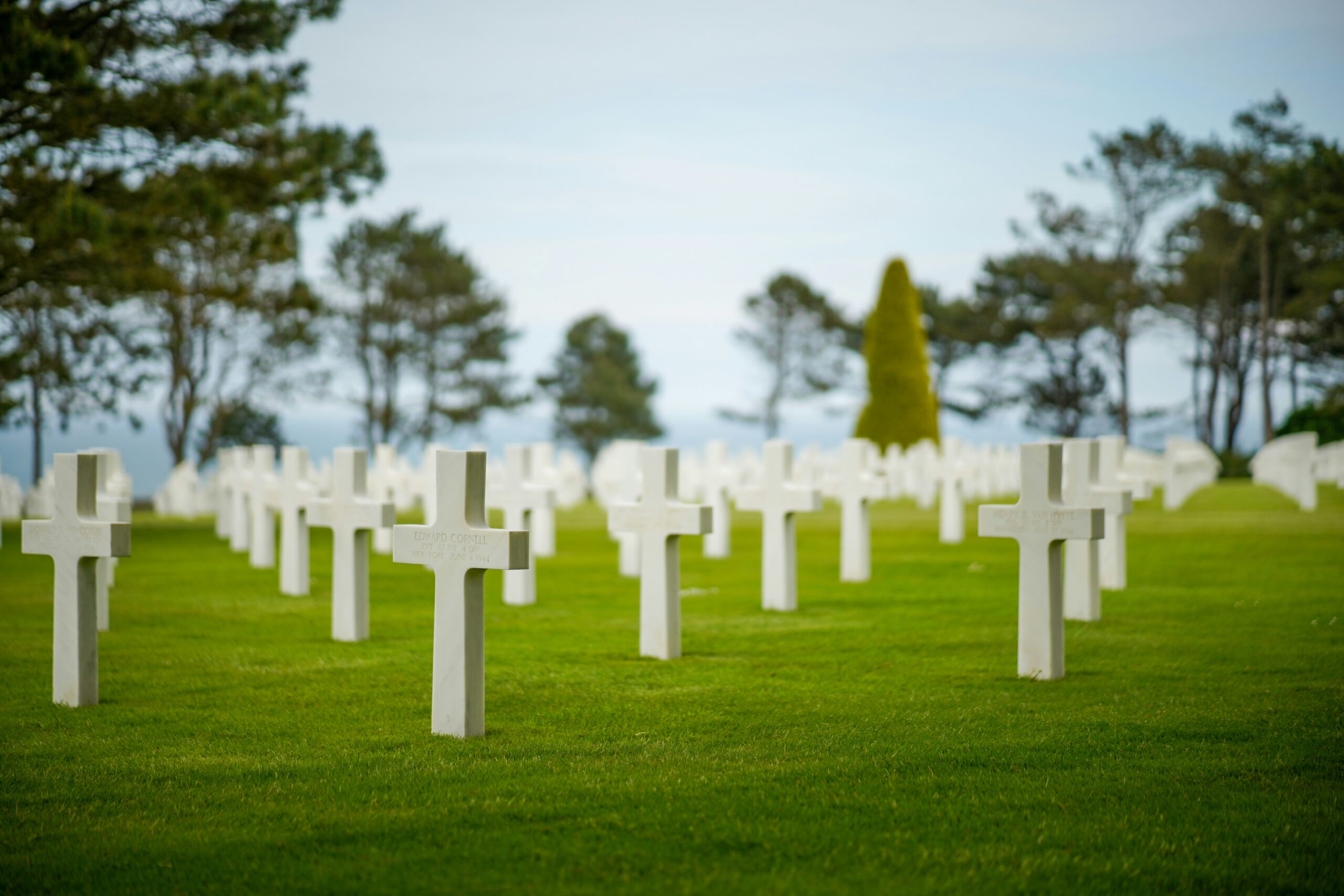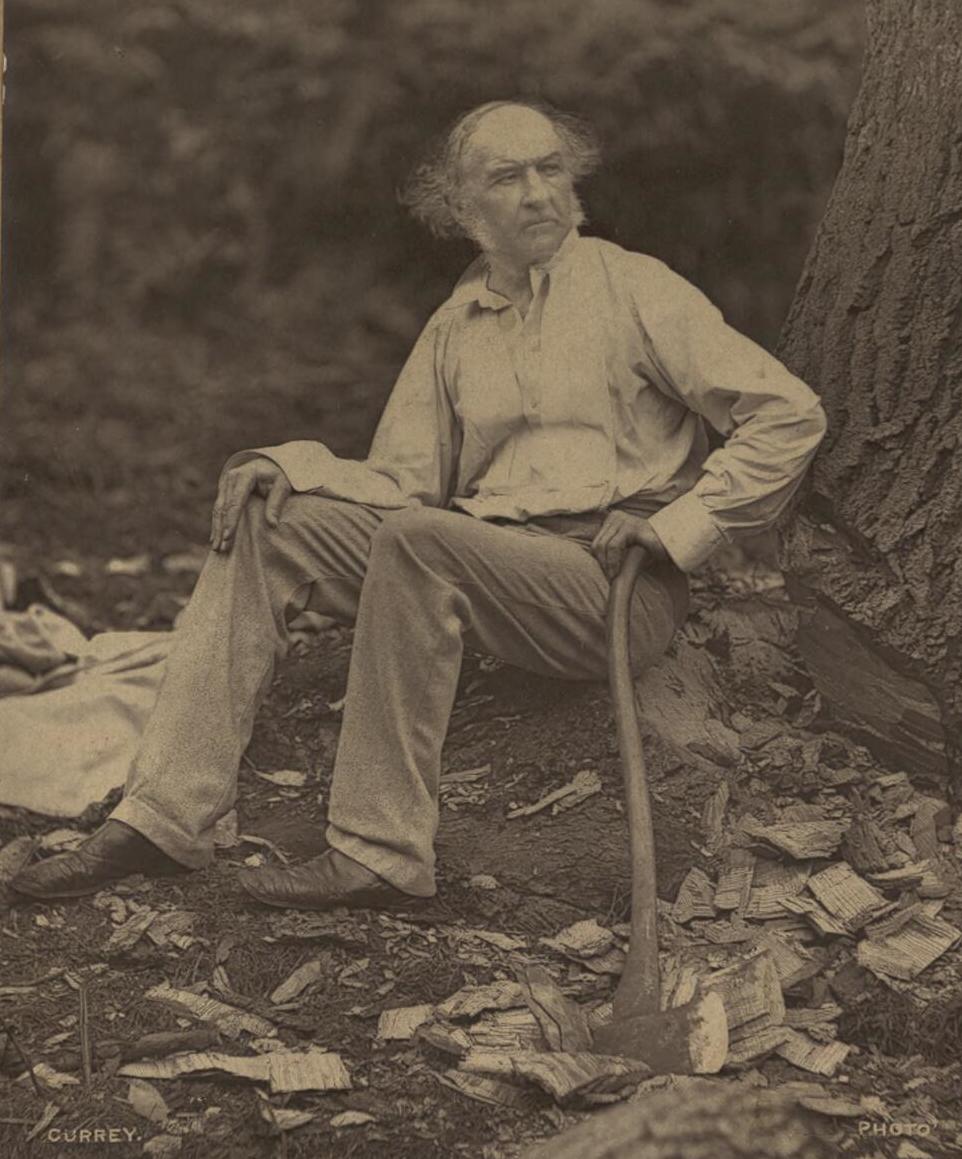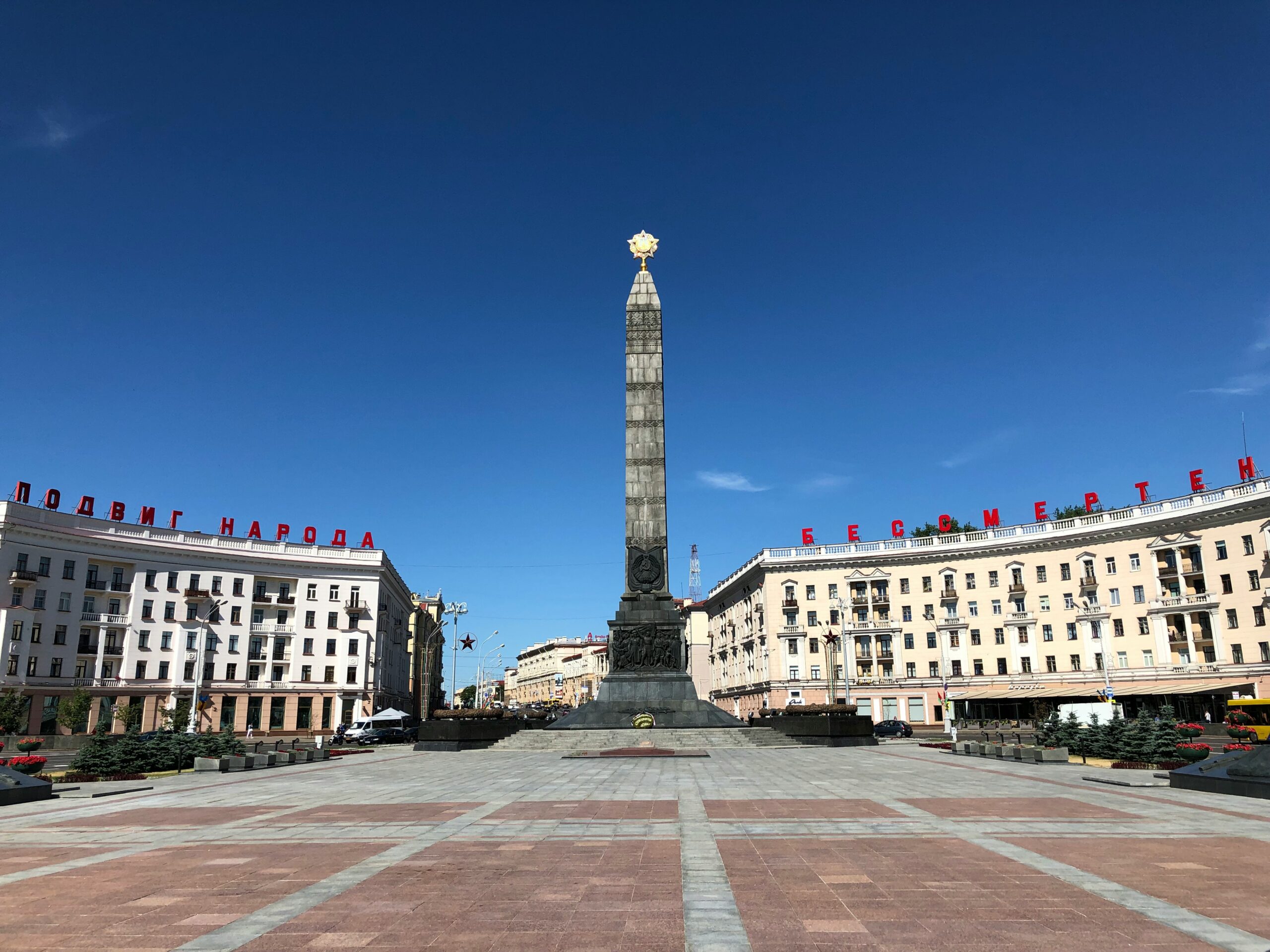The power of God
“Thus says the LORD, who makes a way in the sea, a path in the mighty waters, who brings forth chariot and horse, army and warrior; they lie down, they cannot rise, they are extinguished, quenched like a wick.”
Isaiah 43:16-17
As a History teacher, I often find myself taking groups of school children to scenes of great conflict. There are two trips which to me emphasise the enormity of the conflicts of the twentieth century.
I used to take Year 7s to the D-Day Landing beaches in Normany to see for themselves the location of one of the most important and significant invasions of recent years. I’m always amazed at the scale of the ‘Mulberry Harbours’ that were constructed by the Allies and floated across to France to enable them to launch an invasion in an area where there were no natural harbours.
Every year I take Year 9 students to the battlefields of the First World War. I’m always gobsmacked by the extent of the trenches we see in northern France and Belgium, and the level of needless slaughter that took place in what are essentially little more than boggy ditches.
I am therefore struck by this passage in Isaiah in which we can see the extent of God’s power. Whilst the First World War raged on for four tears, God can bring down an army at a stroke. He can lie an army down so that they cannot get up again. He can finish them off like the spent wick of a candle.
Similarly, whilst in order to invade Europe at the end of the Second World War, the British had to spend many months and an astonishingly large amount of money creating the facilities that would enable them to mount an invasion from the water, God can make a way in the sea, he can part the waters – just like he parted the Red Sea for Moses. It makes sense that he can, though – after all, he created the water and the land!
In our current Mark Marathon passage, Jesus demonstrates that he, too, can make “a path in the mighty waters.” Whilst the disciples were rowing flat out against the wind and the waves to try and make any progress across the sea, Jesus calmly steps out onto the water and walks across it. Surely Jesus demonstrates right there that he is the Son of God. How else would he be able to walk across the water?
Often we treat God as if he is a close friend. In a way, that is entirely correct – he is, after all, our heavenly father. Just in the same way that we should also respect our fathers, though, we must also respect God our Father. After all, just remember the extraordinary power that he has!












Leave a Comment